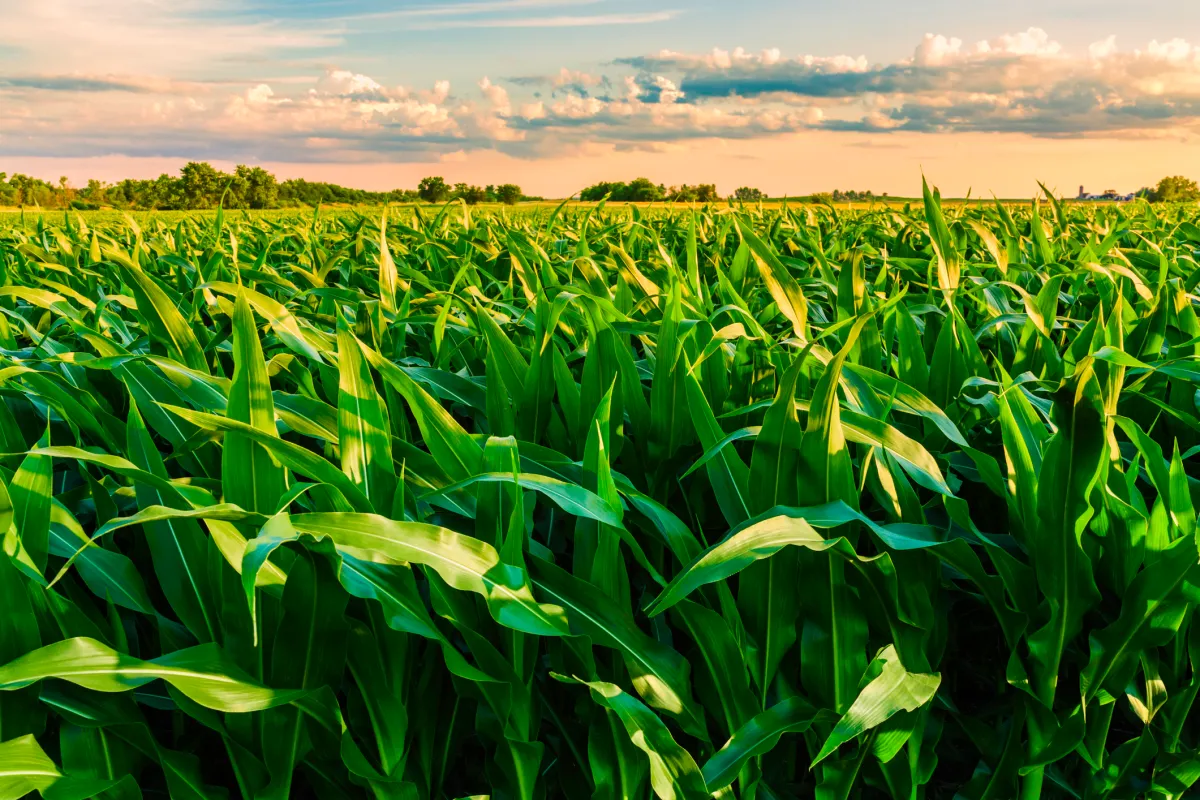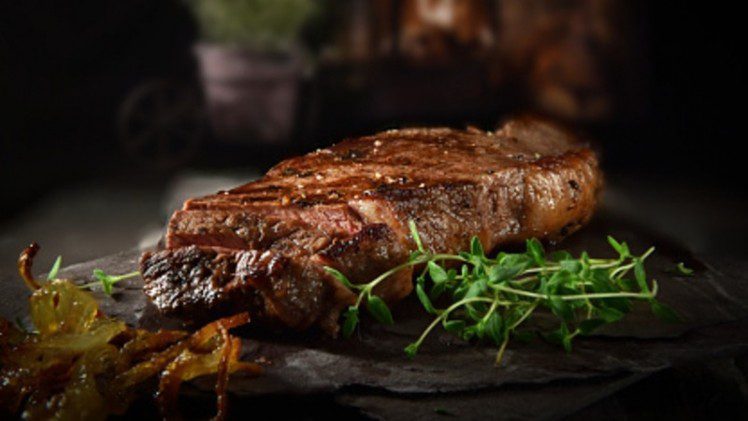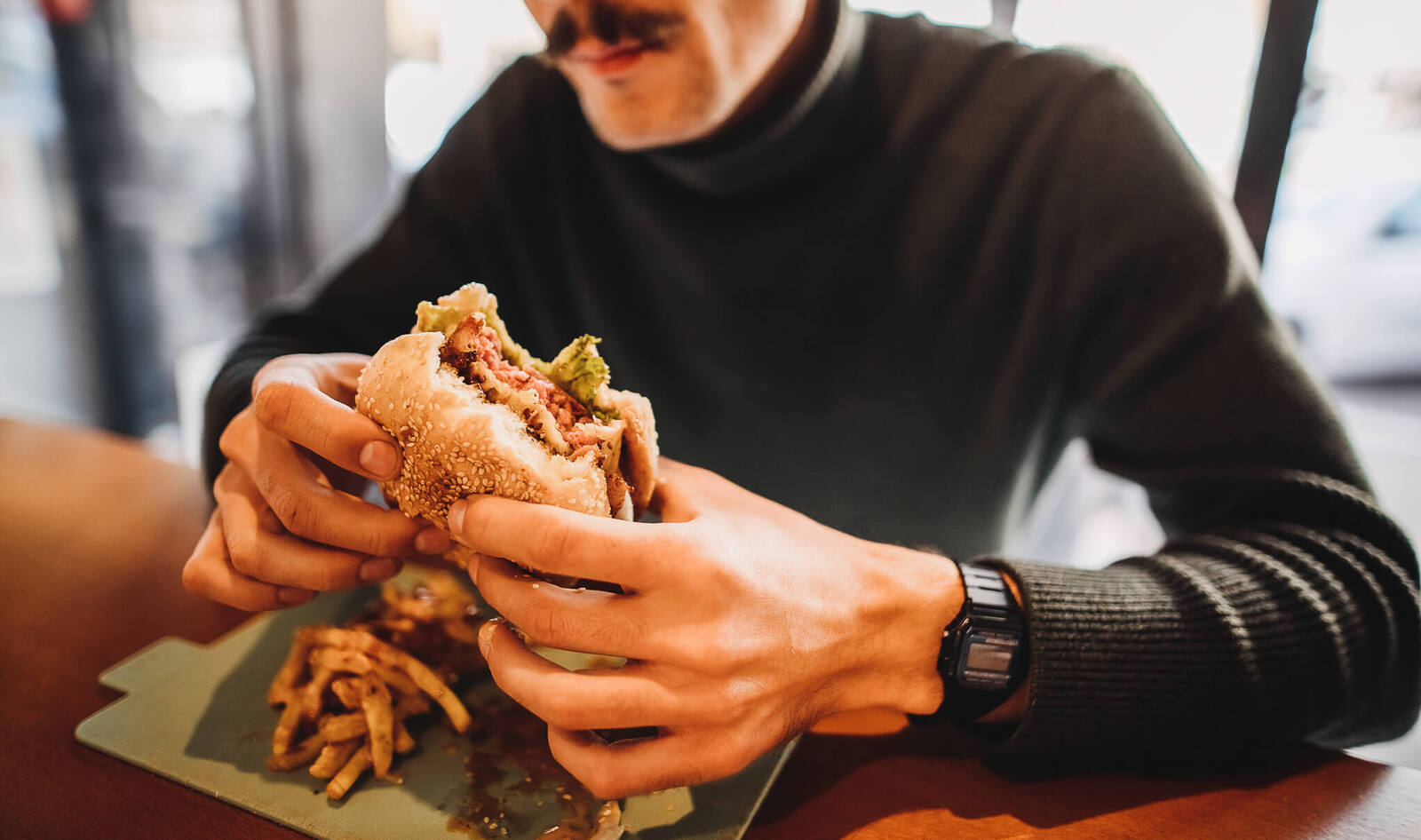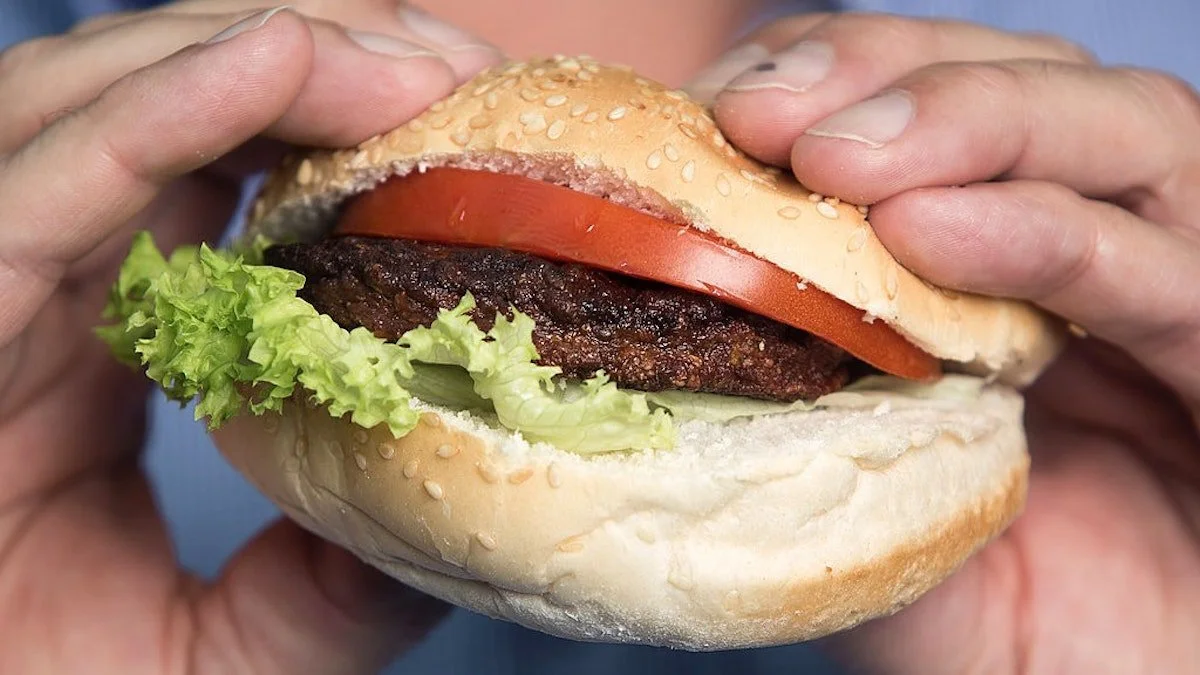Which? revealed in March this year that it had uncovered meat labelled as ‘British’ in supermarkets which was actually from South America. In 2014 Which? discovered that over a third of the 60 lamb curries and kebabs they bought in London and Birmingham contained other meats.
Remember the scandal of 2013 where meat sold as beef contained 29% horse meat? And also, in fish and chip shops, a 2021 Guardian analysis of more than 9,000 seafood samples from restaurants, fishmongers and supermarkets in more than 30 countries found that 36% were mislabelled, exposing seafood fraud on a global scale.

Cultivated meat companies around the world have been throwing millions into producing a product that looks like meat, chews like meat, and tastes exactly like meat. So in the end, will there be any way of distinguishing it from farmed meat?
Because it’s expensive to produce, when cultivated meat hits the market it will be at a far higher price point to factory-farmed meat, so the temptation for fraud will be great. It’s almost inevitable that unscrupulous marketers will be mislabelling cheaper factory-farmed slaughtered meat as cultivated meat to sell at inflated prices.
Does this really matter? It certainly does if you’re a vegan or vegetarian.
These cultivated meat producers have now created a product that uses virtually no animal in its production at all, making it, debatably, suitable for vegans (this is a moot point; see Viva!’s take here, Veganuary’s take here, and on the flipside, a different take from Wired here).
Eat Just’s cultivated meat arm GOOD Meat has declared that cells used to make cultivated meat can be taken from a feather or from an egg. And for lamb meat, the cells could be harvested from wool.
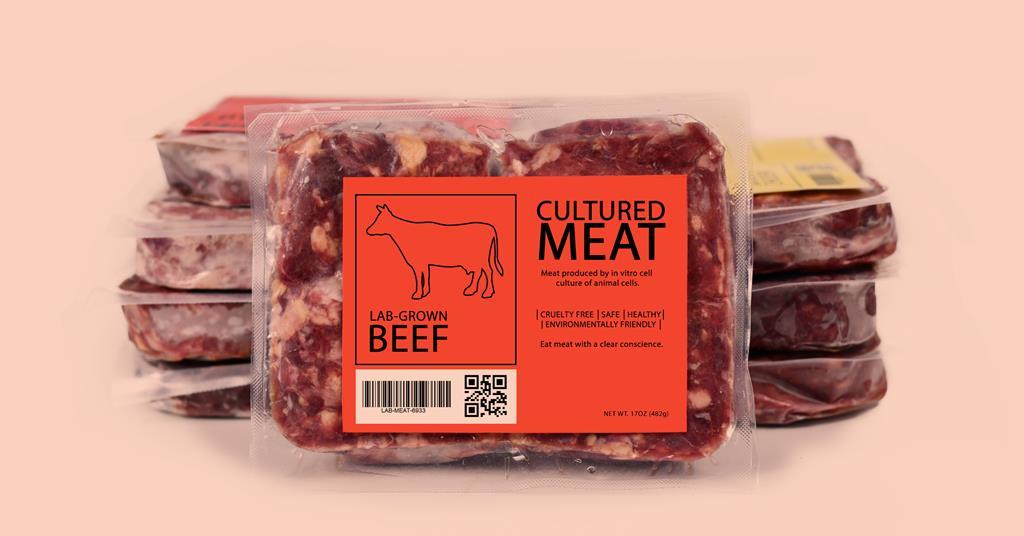
The team at Eat Just claims they collected animal cells by waiting for a feather to naturally fall from a chicken named Ian and that the nuggets that were produced from Ian’s cells were later eaten outside, while Ian roamed around nearby. This may sound a little creepy, especially if you’re Ian, but it demonstrates the incredible possibilities. Mosa Meat has stated that from just 1.5 grams of animal cells, they can produce over 80,000 beef burgers.
Even the growth media, which once contained calves’ blood is very close now to being free from any animal-derived product. This change has happened only partly to appeal to vegan tastes, but more as an exercise to reduce the price; the cost to produce or buy the calf blood serum is around £1,000 per litre, which puts the price to produce a 100 gram beef burger above £50.
Scientists like Petra Hanga from Quest Meat have been working hard to find an alternative protein-rich growth media, to bring down costs, and in doing so this makes it “vegan-friendly” by proxy. Quest Meat is trialling alternatives such as algae or mungbean.
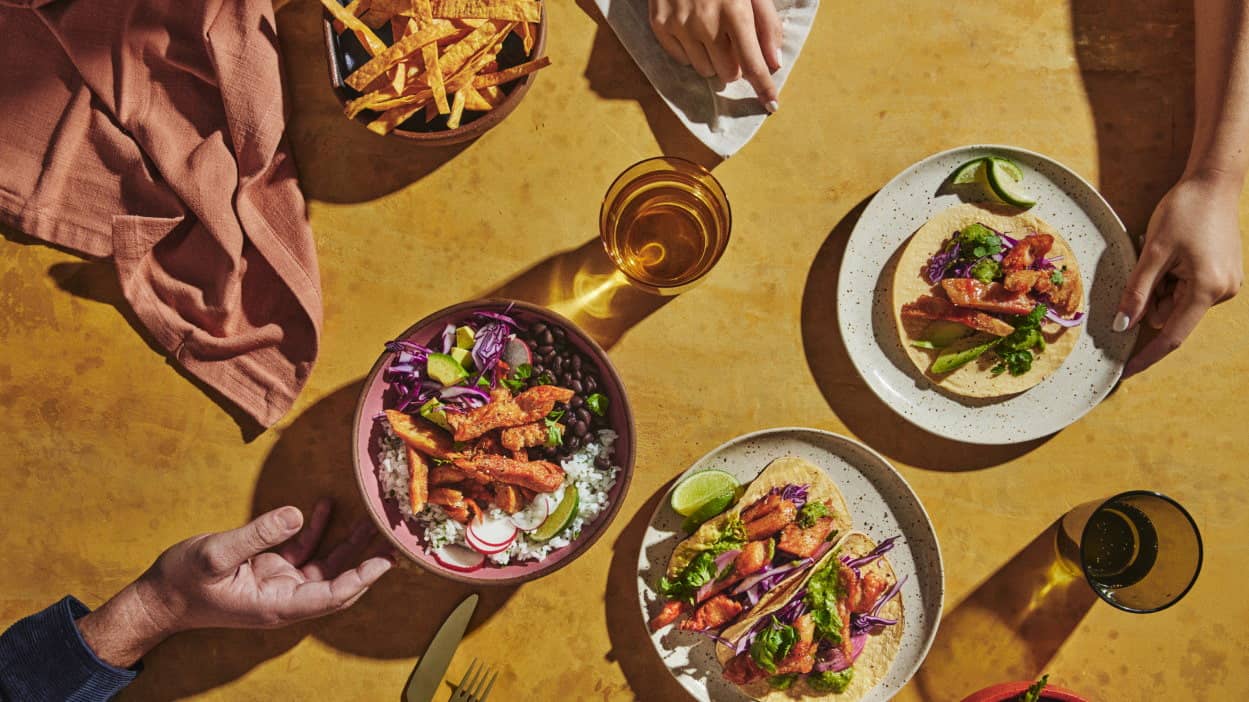
** Click here to read the full-text **





